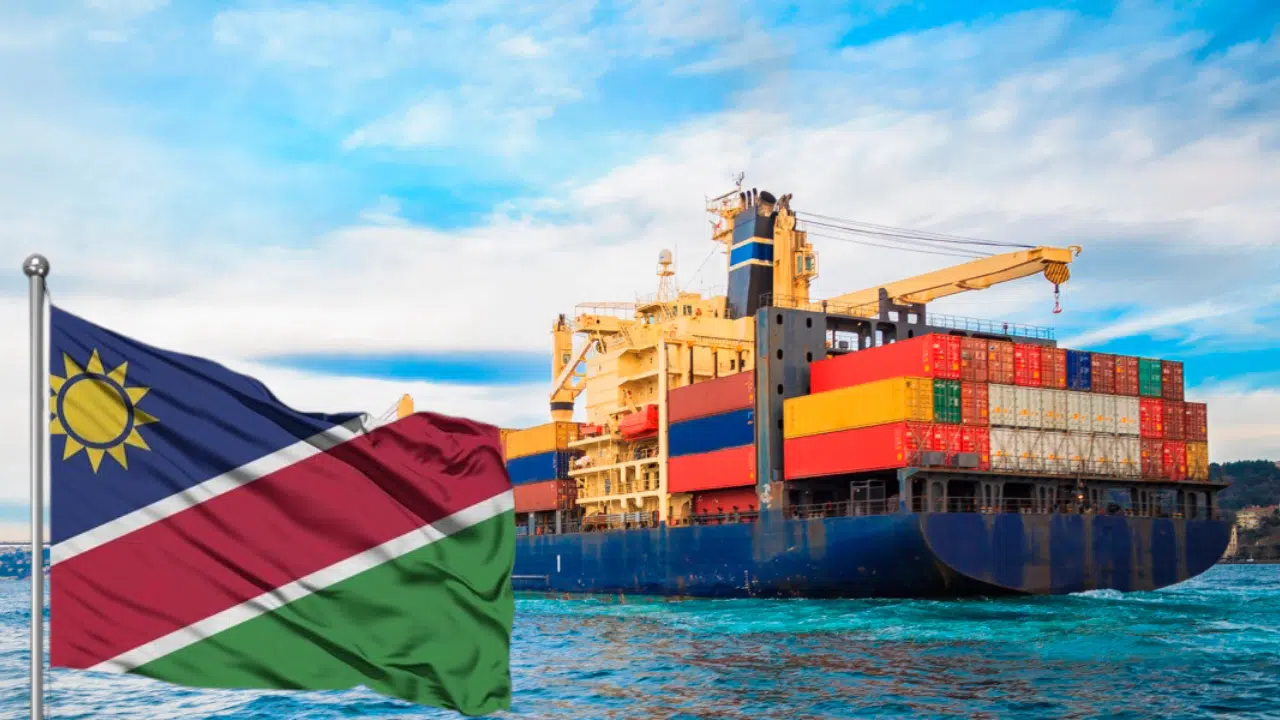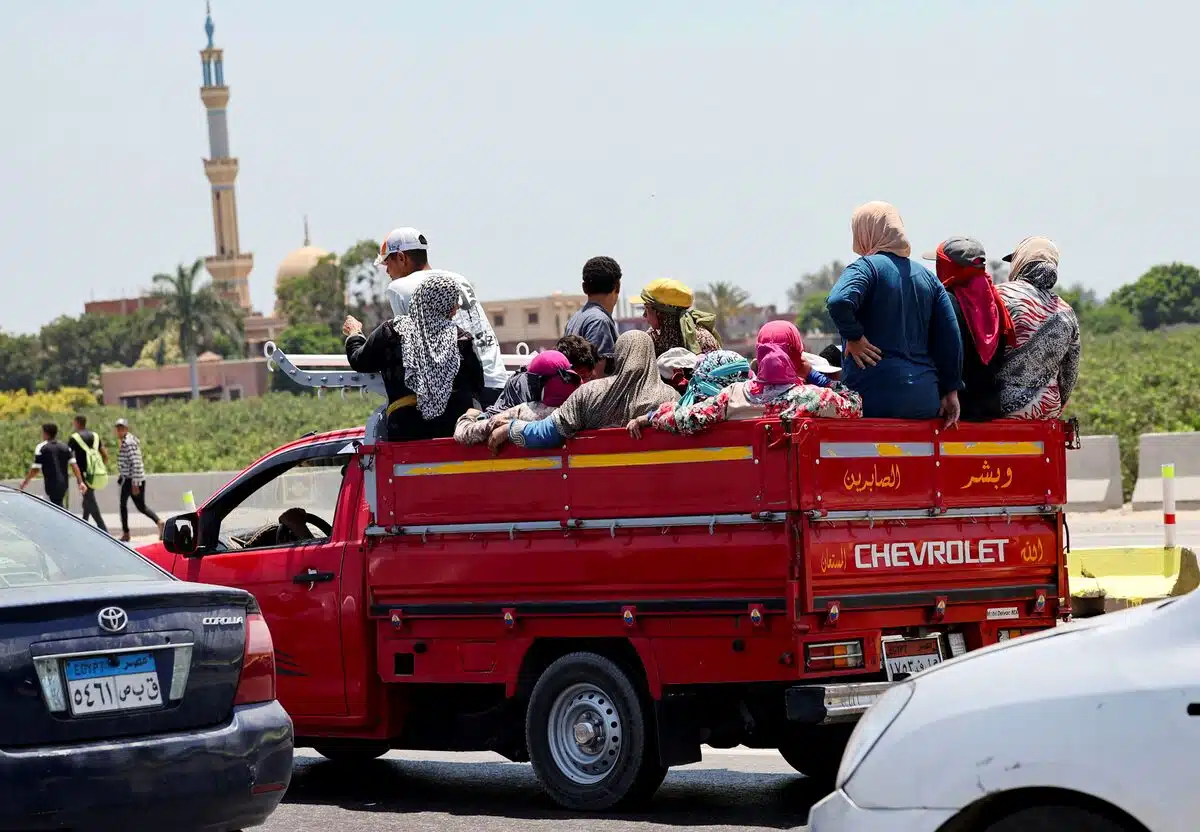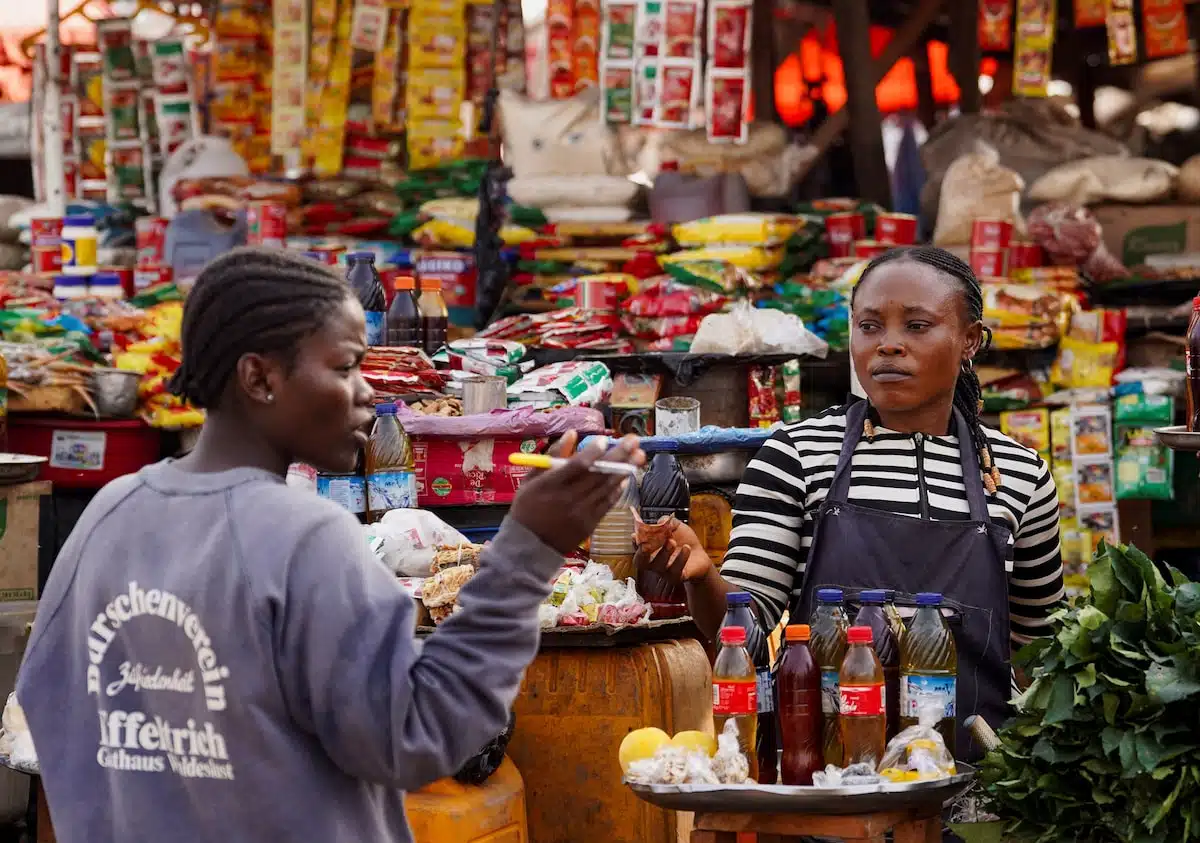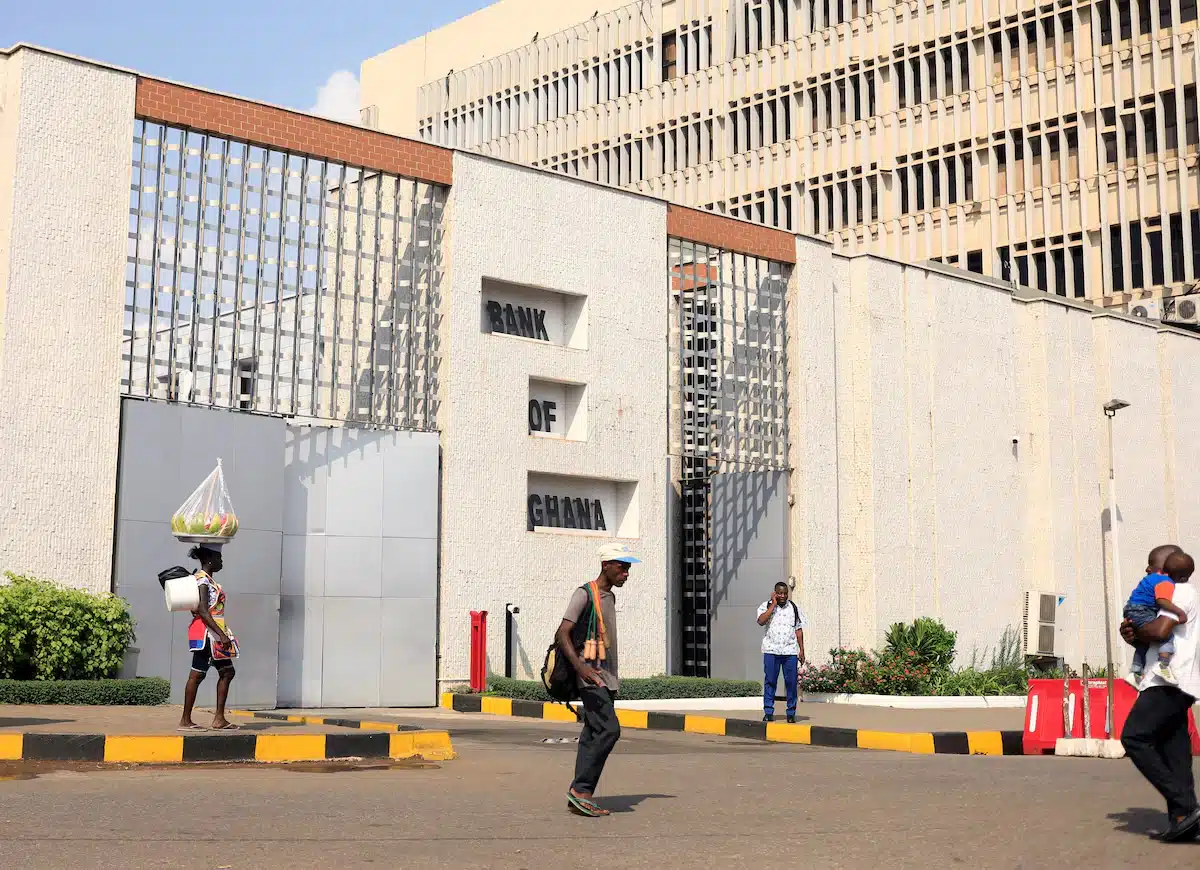Namibia’s growing appetite for oil imports widened its trade deficit to $148 million in March 2025, the latest data from the Namibia Statistics Agency (NSA) shows.
The monthly deficit rose by $38.4 million from $109.7 million in February, as fuel imports climbed nearly $55 million.
Oil alone made up 20% of total imports, with shipments sourced mainly from India, Oman, and Italy.
Overall, the country imported goods worth $702.1 million in March, marking a 5.2% month-on-month increase.
In contrast, exports slipped 0.4% to $554 million, deepening Namibia’s persistent trade imbalance, which has remained negative since March 2024.
“Imports were mainly dominated by essential items such as petroleum oils and motor vehicles, reflecting the economy’s reliance on foreign industrial inputs,” NSA Statistician General and CEO Alex Shimuafeni said.
Despite its heavy oil import bill, Namibia re-exported petroleum products valued at just $23.5 million in March—less than a fifth of what it spent.
Key export commodities for the month included diamonds, fish, and non-monetary gold. Diamonds topped the list, accounting for 20.1% of total exports and primarily headed for Botswana and the United States.
Fish and gold followed, with South Africa, Spain, Zambia, and the DRC among the main buyers. Uranium, destined mainly for China and France, accounted for 11% of outbound trade.
For the first quarter of 2025, total exports stood at $1.7 billion, a notable increase from $1.4 billion in the same period last year.
However, strong quarterly performance has not offset Namibia’s rising import bill, which continues to pressure the trade balance.
The Southern African Customs Union remained Namibia’s top export destination, receiving nearly 39% of total shipments.
Motor vehicles for commercial use and inorganic chemical elements were the second and third largest import items after fuel, contributing 4.3% and 3.8% of total imports respectively.
As oil prices remain volatile and global shipping costs stay elevated, Namibia may continue to face pressure on its external accounts—raising questions about the country’s import dependency and need for greater export diversification.










